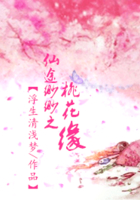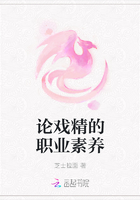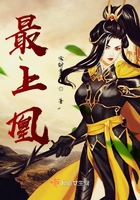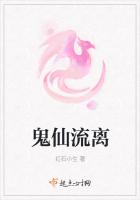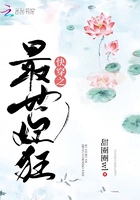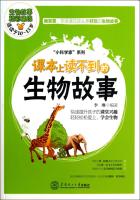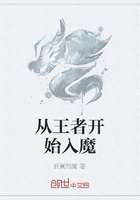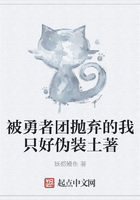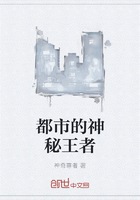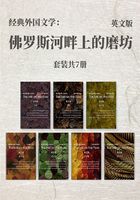目录(共60章)
↓↓
第1章 穿越
第2章 拜师修仙
第3章 五灵体【一】
第4章 五灵体【二】
第5章 山下坊市
第6章 契约灵兽蛋
第7章 凤凰灵犀
第8章 玲珑幻镯
第9章 空间果
第10章 我是死了吗
第11章 你才是鸟,你全家都是鸟
第12章 很低,五成
第13章 玉简成精了
第14章 这是我徒弟
第15章 还真像个怨妇啊
第16章 身世之谜
第17章 我就是那个小女孩
第18章 那你脸红什么
第19章 人面桃花
第20章 护宗使选拔赛
第21章 你这是在夸我吗
第22章 恭喜啊师妹
第23章 身具冰灵根
第24章 第三十九代护宗使
第25章 无尘你说呢?
第26章 你们两个这样就不怕美女伤心?
第27章 你不请我们进去喝茶?
第28章 试炼谷考核
第29章 你少拿护宗使吓唬我
第30章 你先选,我不着急
第31章 有些规矩我得给你们讲清楚
第32章 南宫流云
第33章 藤妖绿意
第34章 皇子,那又怎么样?
第35章 人类,你别耍诈
第36章 东方子凌
第37章 终于等到你了,少主
第38章 面见东方破
第39章 亲情戏码
第40章 你们今天都把钱带来了吗?
第41章 玉颜丹
第42章 三姐说笑了
第43章 桃花宴前奏
第44章 桃花宴风波
第45章 皇后召见
第46章 教训丫鬟
第47章 悲催的李光辉
第48章 半路杀出一只鱼怪来
第49章 比目银灵鱼
第50章 东方潇雨的奸情
第51章 您觉得东方家四小姐怎么样?
第52章 辰儿该娶妃了
第53章 栗子糕
第54章 小翠
第55章 赐婚
第56章 疯狂的东方倾城
第57章 成全东方倾城
第58章 寿礼风波
第59章 揭穿东方潇雨
第60章 滴血验亲
同类推荐
热门推荐
课本上读不到的生物故事
李琳编著的《课本上读不到的生物故事(适读于 10-15岁)》编著的植物、动物、人、微生物……这些 生物奇迹般地生长着、繁育着、构成了世界上如此生 机勃勃的自然景象,他们既是我们的亲密伙伴,又是 我们的良师益友。《课本上读不到的生物故事(适读于10-15岁)》 将把你带进神奇的生物世界,让你知道世界上**粒 种子是怎样来的,谁是**只飞上天空的鸟,黄鳝为 什么先当妈妈后当爸爸,我们的身体是怎样工作的, 小小微生物的妙用……这些妙趣横生的生物故事一定 让你大开眼界、叹为观止,让你轻轻松松爱上生物、 学会生物。天下美文校园卷:时光里,有我奔跑的青春
本文精选著名作家古保祥的校园生活类文章,内容以校园生活为主线,记叙了温暖的亲情、美好的友谊,还有纯真如月般的师生情感,讴歌了老师的辛勤付出、家长的谆谆告诫、学子的凌云壮志,是不可多得的学生阅读佳品。对陶冶情操、激励斗志、指导成长,都有着不可小觑的作用。经典外国文学:佛罗斯河畔上的磨坊(英文版)(套装共7册)
George Eliot's novel The Mill on the Floss, orginally published in 1860 as three volumes. Maggie Tulliver is the protagonist and the story begins when she is 9 years old. Maggie Tulliver's entire life has been spent in the shadow of Dorlcote Mill on the River Floss with her beloved older brother, nuoha.com Mill on the Floss is the story of Maggie Tulliver's search for love, and acceptance by her family and community, and of her need for intellectual and spiritual growth. Her relationship with her older brother Tom, and her romantic relationships with Philip Wakem and with Stephen Guest constitute the most significant narrative threads. Misunderstood Maggie Tulliver is torn. Her rebellious and passionate nature demands expression, while her provincial kin and community expect self-denial. Based closely on the author's own life, Maggie's story explores the conflicts of love and loyalty and the friction between desire and moral responsibility. A classic work of 19th ce

